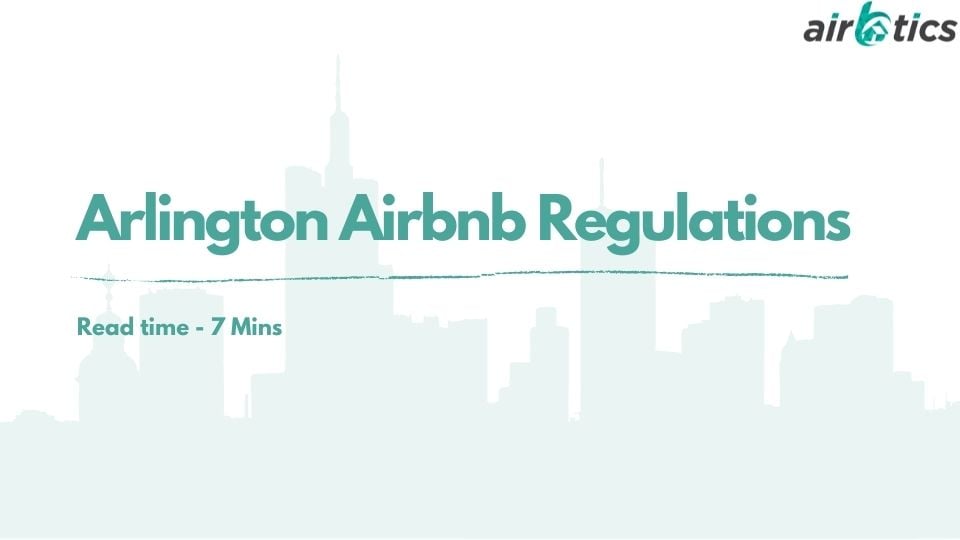Table of Contents Add a header to begin generating the table of contents Is Airbnb legal in Arlington? The answer is yes! The Arlington City Council passed an ordinance regulating short-term rentals on April 23rd, 2019. (rental of lodging for less than 30 days). Arlington Airbnb Regulations established a permitting process, prohibited certain STR operations, […]




